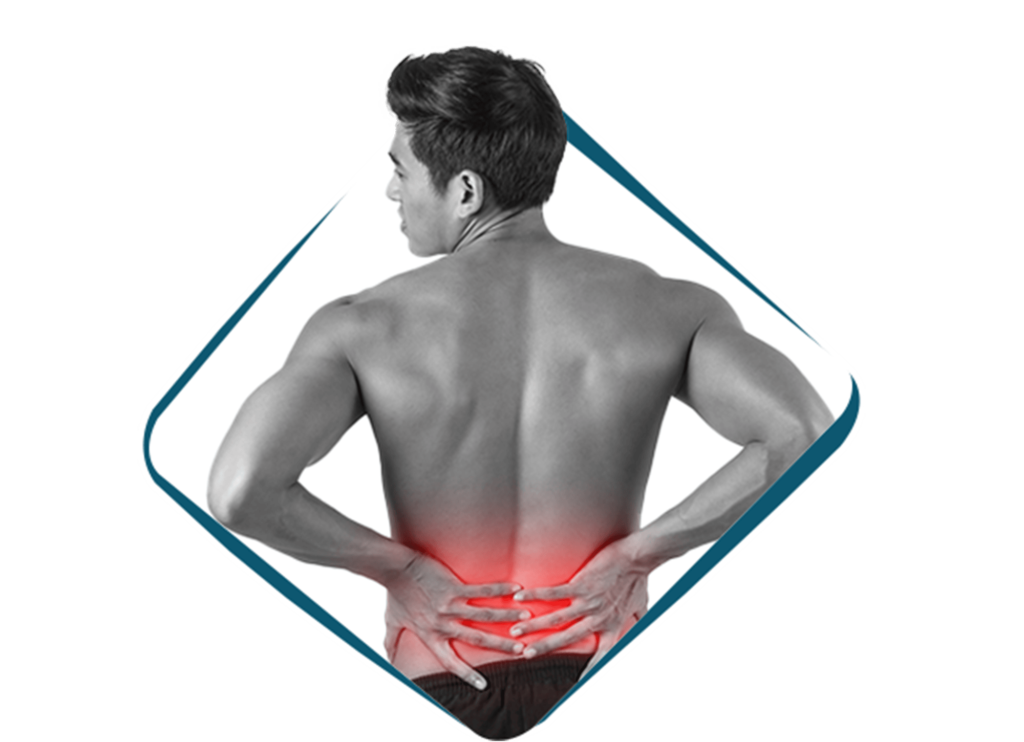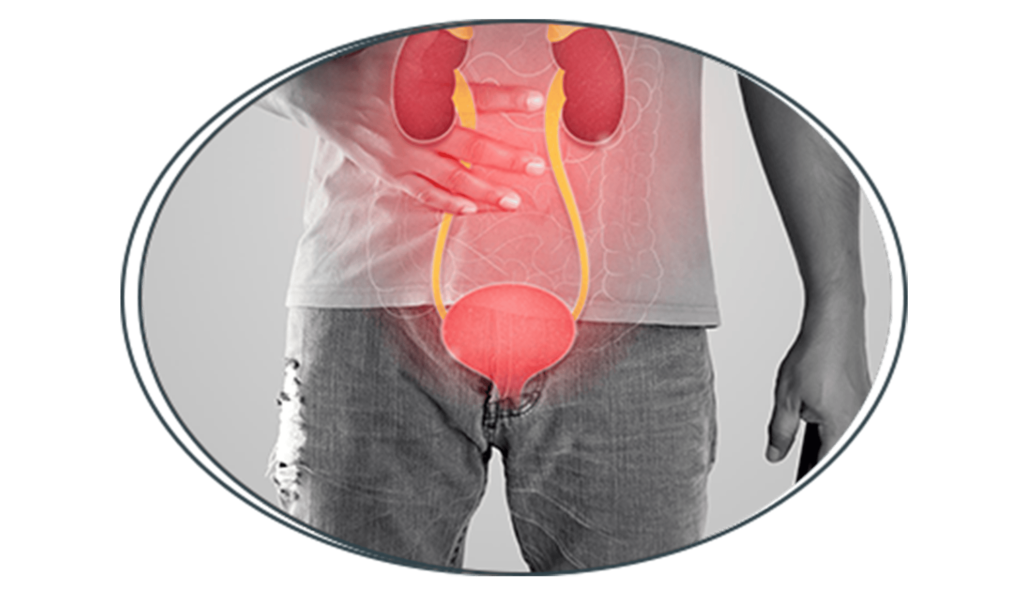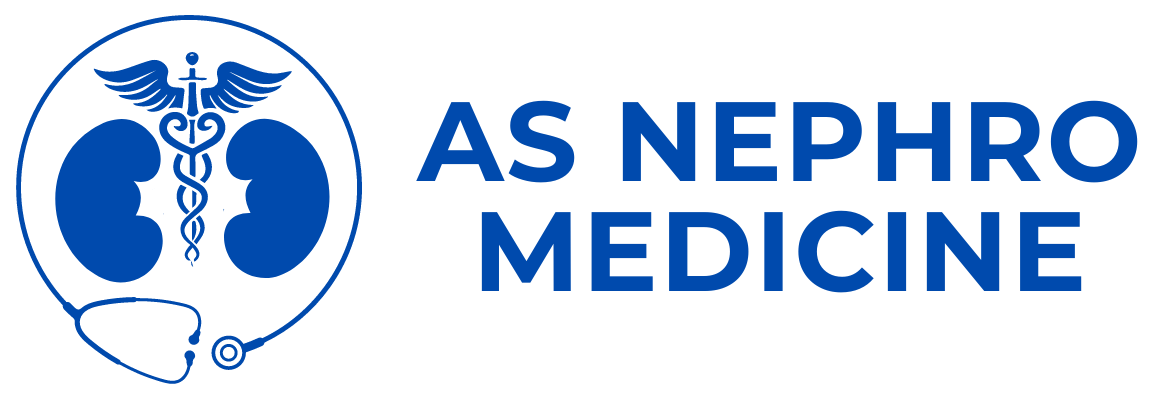

What is Hypertension ?
Hypertension, also known as high blood pressure, is a long-term medical condition in which the blood pressure in the arteries is persistently elevated.
The condition often does not cause symptoms, but high blood pressure can cause headaches, blurred vision, chest pain, and other symptoms in severe cases.
Causes of Hypertension
- Age: Blood pressure tends to increase as people get older.
- Genetics: High blood pressure often runs in families.
- Medicines: Some prescription and over-the-counter medicines can raise your blood pressure.

Symptoms of Hypertension
- Early morning headaches
- Nosebleeds
- Vision changes
- Buzzing in the ears
- Fatigue
- Nausea and vomiting
- Confusion
- Anxiety
- Chest pain
- Muscle tremors

FAQs
Hypertension is often called the “silent killer” because it usually has no noticeable symptoms. However, some people may experience:
- Headaches
- Shortness of breath
- Nosebleeds
- Flushing
- Dizziness
- Chest pain
Hypertension is diagnosed through a blood pressure measurement using a cuff and gauge. Blood pressure readings are typically taken at multiple times to confirm the diagnosis. Your doctor may also review your medical history and conduct physical exams and tests to determine any underlying causes.
If left untreated, hypertension can lead to serious health complications, such as:
- Heart disease and heart attack
- Stroke
- Kidney damage
- Vision loss
- Peripheral artery disease
- Aneurysm
Preventing hypertension involves lifestyle changes, such as:
- Eating a healthy, balanced diet with less salt
- Regular physical activity
- Maintaining a healthy weight
- Limiting alcohol intake
- Quitting smoking
- Managing stress
Chronic stress can contribute to hypertension. Stress-related behaviors such as unhealthy eating, physical inactivity, and excessive alcohol consumption can also raise blood pressure. Managing stress through relaxation techniques, exercise, and healthy coping mechanisms is beneficial.
Yes, children can develop hypertension, often due to obesity, poor diet, and lack of exercise. It’s important to monitor children’s blood pressure and encourage healthy lifestyle habits.
